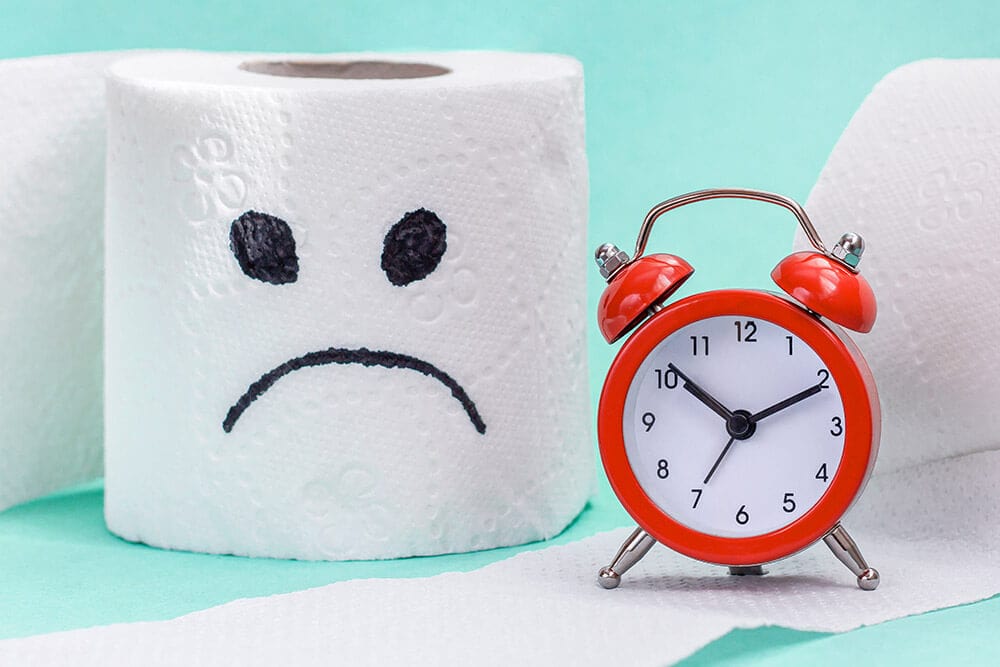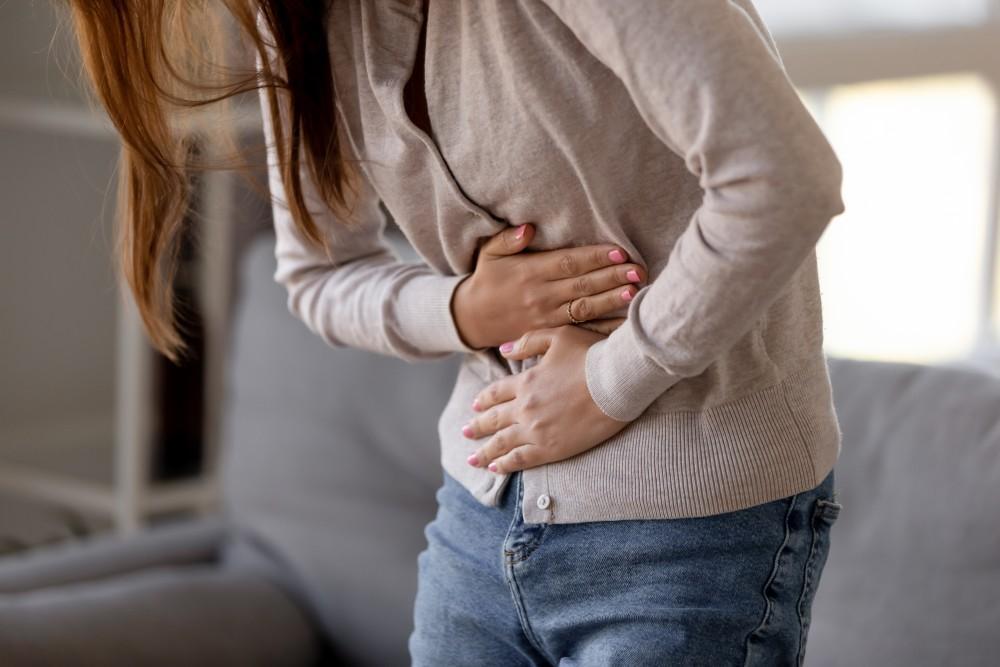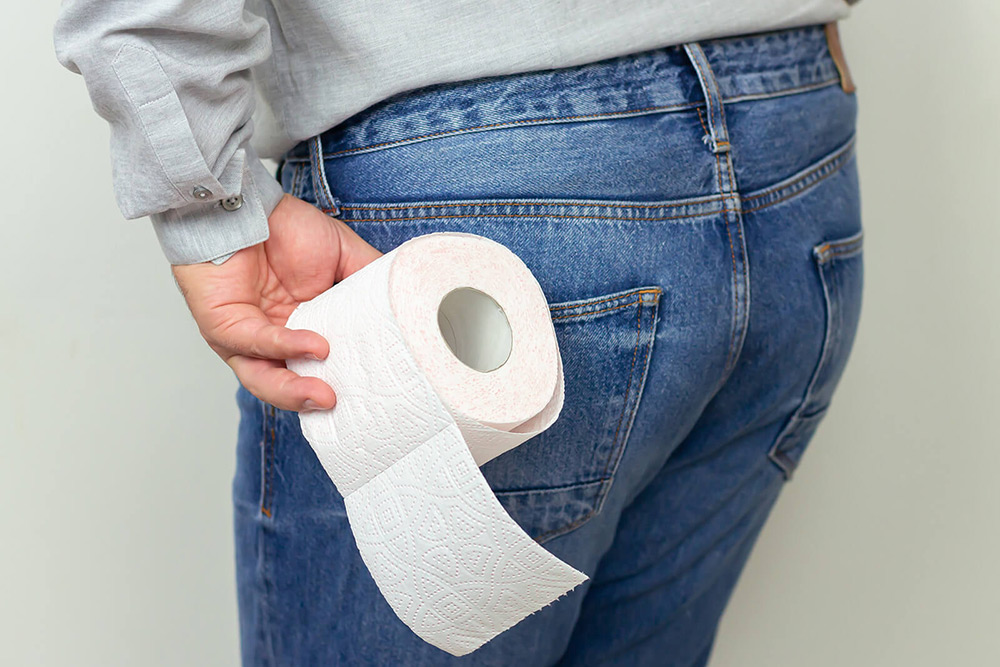How Dr. Rishi Diagnoses Diseases Of Anus And Rectum?
Dr. Rishi uses a step-by-step approach:
Medical History and Symptom Review
He discusses your symptoms, bowel habits, lifestyle factors and relevant medical history.
Physical Examination
Dr. Chadha performs a gentle external inspection and digital rectal exam to check for lumps, tears or swelling.
Proctoscopic Evaluation
Using an anoscope or proctoscope, he directly visualizes the anal canal and lower rectum for hemorrhoids, fissures or lesions.
Endoscopic Procedures
- Flexible sigmoidoscopy to inspect the distal colon and rectum.
- Colonoscopy when a full evaluation of the colon is needed to rule out other conditions.
Imaging Studies (if indicated)
- Endoanal ultrasound to assess fistula tracts and sphincter muscle integrity.
- Pelvic MRI to map complex fistulas or abscesses prior to treatment.
Additional Testing (rare cases)
In select patients, Dr. Chadha may order laboratory studies or specialized evaluations to exclude inflammatory or infectious conditions.
Frequently Asked Questions
What's the difference between hemorrhoids and fissures?
Hemorrhoids are swollen veins in the anal canal; fissures are small tears in the lining of the anus.
Do fissures heal on their own?
Yes. Most anal fissures heal with conservative care fiber, hydration, and sitz baths in about 4-6 weeks.
Are abscesses painful?
Yes. Anorectal abscesses often cause intense pain, swelling, redness, and sometimes fever.
Can I prevent hemorrhoids?
Often, yes. A high-fiber diet, plenty of water, regular exercise, and avoiding straining can reduce your risk.
When is fistula surgery needed?
Surgery is recommended when non-surgical treatments (antibiotics, seton placement) fail to close the fistula.
Do I need a colonoscopy?
Not always. Dr. Chadha may order one to rule out other conditions if bleeding or other red flags are present.
Is rubber band treatment painful?
Most patients report minimal discomfort. No general anesthesia is needed, and recovery is swift.
Does insurance cover these treatments?
Most major plans cover evaluations and procedures. Our team will verify benefits and assist with pre-authorization.
Can children get anal fissures?
Yes. Children often develop fissures from constipation or passing large, hard stools.
How soon can I return to work?
For light duties, many return the next day. Full recovery from minor procedures typically takes 1-2 weeks.











